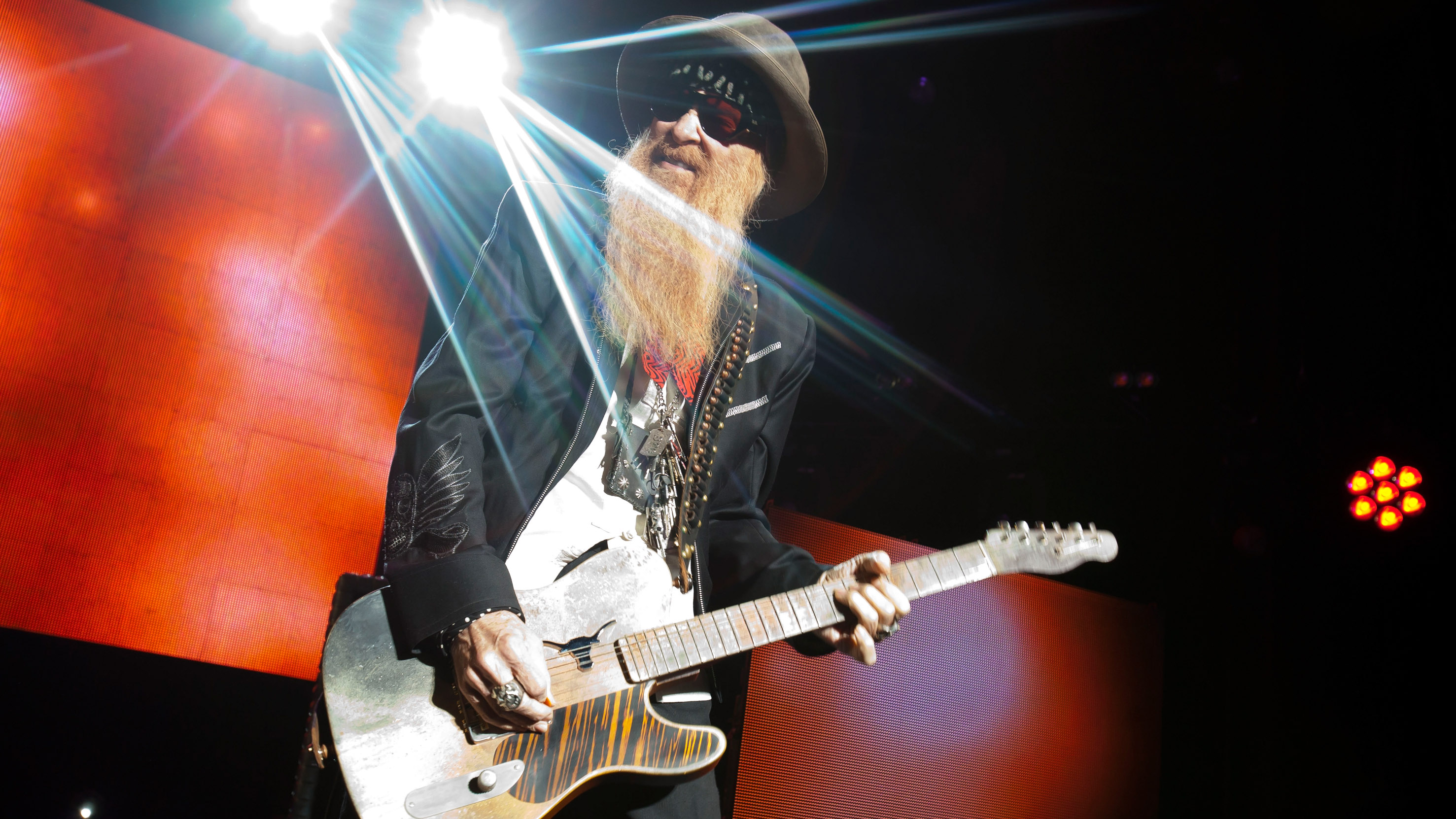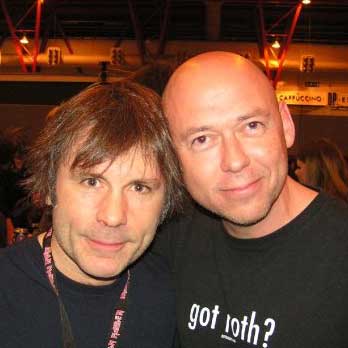“I said, ‘Rick, you think we should take a break?’ And he goes, ‘Oh yeah, we got it on tape three hours ago – we just like hearing you guys play!’”: ZZ Top’s Billy Gibbons describes Rick Rubin as a “peculiar” kind of producer
Plus: how the Texan trio created something new out of an old hip-hop track

ZZ Top delivered a late-career classic in 2012 with the song I Gotsta Get Paid, from the band’s 15th album La Futura. But as guitarist and lead vocalist Billy Gibbons admitted, it wasn’t easy working on that album with producer Rick Rubin.
Speaking to Classic Rock magazine in 2018, Gibbons chose his words carefully when he reminisced about the making of La Futura.
“Rick and I had been friends for quite some time,” he said. “He had been patiently waiting in the wings for the opportunity to work with ZZ Top. But I must say the process of making that record was rather lengthy. From the day we joined forces with Rick to the day it came out, it took four years.”
Back in the mid-’90s, AC/DC fell out with Rubin when he produced their album Ballbreaker.
AC/DC didn’t care for Rubin’s painstaking methodology, and this was also a challenge for Gibbons and the other two members of ZZ Top, bassist Dusty Hill and Frank Beard.
“I know that some artists complain that they don’t like working with Rick because he’s constantly asking for songs to be played again and again,” Gibbons said. “That’s one of the peculiar qualities of Rick’s production technique.
“But the bottom line is: ZZ Top really enjoys playing, and when you work with Rick, playing is the name of the game.
Want all the hottest music and gear news, reviews, deals, features and more, direct to your inbox? Sign up here.
“It was kind of funny. We’d play long into the night, these jam sessions. I remember one night Frank said to me, ‘Is Rick serious? We’ve been playing this song for about five hours!’ I said, ‘Rick, you think we should take a break?’ And he goes, ‘Oh yeah, we got it on tape three hours ago – we just like hearing you guys play!’”
ZZ Top haven’t made another album since La Futura, although the band has continued to tour in the wake of Dusty Hill’s death in 2021, with their former guitar tech Elwood Francis on bass.
And if La Futura turns out to be ZZ’s final album, it will be remembered mainly for one extraordinary song – I Gotsta Get Paid.
This track is based on the 1996 hip-hop anthem 25 Lighters by Houston-based DJ DMD and rappers Fat Pat and Lil’ Keke.
As Gibbons told Classic Rock, the seed of I Gotsta Get Paid was planted after Rick Rubin told the band to get back to their roots.
“We’d been working in Malibu at Rick’s studio,” Gibbons recalled, “and then he turned the reins over and said, ‘Why don’t you get back to Texas and see what you come up with?’ And that’s when I got thinking about 25 Lighters.
He explained: “The title of that song was a ghetto slang term that the crack dealers used. They would buy those little cigarette lighters, twenty-five in a box, take them home, disassemble them, take the guts out, repack them, and sell them on the street corner.
“So you got this catchphrase: ‘Hey man, you got a lighter?’ That was less conspicuous.
“I kept going over that particular song and my instinct said: ZZ Top is a far cry from being a rap band. But then one day, while I was in the studio control room, I heard the sound of Lightnin’ Hopkins coming through the doorway.
“Our second engineer, Mr. Gary Moon, was in the lounge, playing YouTube videos of old Lightnin’ Hopkins songs. I said, ‘Let’s try and bluesify 25 Lighters.’ And that turned into I Gotsta Get Paid.”
It was somewhat ironic that ZZ Top would reinvent a hip-hop song while Rick Rubin was absent – given that Rubin had produced some of the big rap records the ’80s, by LL Cool J, the Beastie Boys and Run-D.M.C.
“Rick flipped when he heard it,” Gibbons recalled. “He said, ‘It sounds like something from another planet.’
“But he loved what we did with it, and by the time we turned that song inside out, it was classified as a derivative work, which is quite different to a cover song. A derivative work means that you’ve changed it significantly.
“Rick asked me, ‘What does 25 Lighters mean?’ I said, ‘You got to do your homework – it’s ghetto slang!’”

Paul Elliott has worked for leading music titles since 1985, including Sounds, Kerrang!, MOJO and Q. He is the author of several books including the first biography of Guns N’ Roses and the autobiography of bodyguard-to-the-stars Danny Francis. He has written liner notes for classic album reissues by artists such as Def Leppard, Thin Lizzy and Kiss. He lives in Bath - of which David Coverdale recently said: “How very Roman of you!”
You must confirm your public display name before commenting
Please logout and then login again, you will then be prompted to enter your display name.
![DJ DMD [feat. Lil' Keke & Fat Pat] - 25 Lighters (Official Video) - YouTube](https://img.youtube.com/vi/_iTfoFLz5nA/maxresdefault.jpg)
